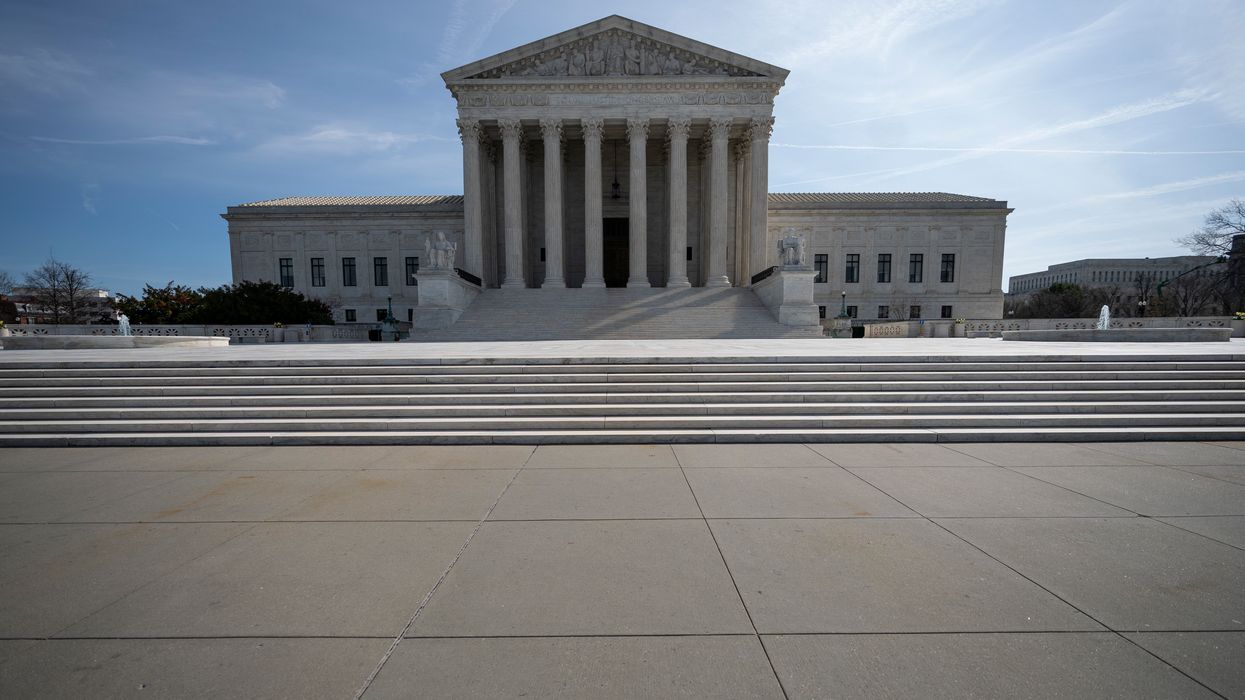Perrone is an associate professor of history at the University of California, Santa Barbara and author of “ Nothing More than Freedom: The Failure of Abolition in American Law.” She is a public voices fellow at The Op-Ed Project.
These feel like unprecedented times. In just the past few weeks, Thomas Crooks attempted to assassinate former President Donald Trump for reasons still unknown, and President Joe Biden discontinued his bid for a second term, endorsing Vice President Kamala Harris in his stead. Despite a Black woman positioned to assume the nation’s highest office, the atmosphere feels an awful lot like 1860. Then, as now, the country faced an ultra-high-stakes presidential election, a discredited Supreme Court and the chronic threat of violence and disorder.
For those of us who study the Civil War era, the echoes are foreboding.
Cries to save the “soul of the nation” could just as well have been uttered by abolitionists who decried the sin of slavery in the 1850s as by Biden and his supporters. For some antebellum Americans, avenging the sin and preventing slavery’s expansion justified extreme acts. In 1856, John Brown, believing he was an agent of God, led an attack on pro-slavery settlers in Kansas Territory. The massacre resulted in splitting heads and lopping off arms with broadswords, all part of Bleeding Kansas. Brown later led the infamously failed raid on Harper’s Ferry.
Before the war, many Americans saw sinister forces at work protecting slavery. One conspiracy theory held that the Slave Power, a cadre of pro-slavery forces, had commandeered the United States government. Proponents pointed to the consistent election of pro-slavery presidents, congressional rejection of anti-slavery bills and pro-slavery decisions from the Supreme Court.
Many of these accusations (e.g., poisoning of former presidents) were disproved, but there was a kernel of truth to the theory: The Constitution’s three-fifth’s clause amplified pro-slavery votes in the Electoral College and delivered ill-gotten victories. For those like Brown, violence seemed like a logical answer to governmental hijacking.
The rioters who stormed the Capitol on Jan. 6, 2021, believed something similar — that the 2020 election had been rigged against Trump, stealing the presidency from him. Scarier still, GOP operatives who already claim the 2024 election is similarly rigged, are planning their legal challenges in case of a Trump defeat. With the recent court-ordered dismissal of charges against rioters, we should expect even more emboldened action from Trump supporters.
Likewise, an activist Supreme Court mattered then and today. In 1857, Chief Justice Roger Taney thought he settled the question of slavery’s expansion and put an end to the violence with his Dred Scott opinion, which rejected the claim of an enslaved Black man who sued for his freedom. Black Americans, enslaved or free, Taney wrote, “had no rights which the white man was bound to respect,” and slavery had to be protected everywhere.
Our current Supreme Court should take note of what happened next: In a wild miscalculation, Taney’s attempt to answer a question of moral significance with a legal dictate failed spectacularly. Instead of settling the matter, the decision galvanized anti-slavery factions into supporting the fledgling Republican Party, which stood, above all, for the end of slavery’s metastasis. The ruling helped facilitate Abraham Lincoln’s election in 1860 and took the nation ever closer to all-out war.
The electoral patterns after the Dobbs v. Jackson ruling confirm something similar, though less violent: Since the Supreme Court struck down the right to abortion, voters have consistently protected the practice at the state level, and popular support for abortion has grown.
With its ahistorical and truly dangerous opinion in Trump v. United States, however, the current Supreme Court has threatened American political values and institutions like never before. The justices made possible the very thing the framers tried to avoid — they turned the president into a leader who answers to no one, who stands above the law and outside the checks and balances designed to constrain him. Six justices decided it’s really not illegal if the president does it. It’s too early to say whether this will galvanize voters, but it should.
We’ve once again reached a point where democratic norms and republican virtue are no longer operational — where it is easy to believe conspiratorial forces are at work, not the will of the people. Recent Supreme Court decisions seem designed to favor the president who appointed three of the justices, while the Project 2025 proposal confirms many people’s worst fears about a second Trump term.
Similarly, it is entirely possible that Harris, who has already faced racism and sexism, will also encounter violence if, as expected, she becomes the Democratic nominee. As Rolling Stone reports, attacks on Harris by pro-Trump allies have only intensified since she became the Democratic front-runner. Given the nation’s history of racially motivated violence — some of which occurred during Trump’s presidency — there’s good reason to worry.
These are perilous times, growing more dangerous by the day. It’s not hyperbole to sound the alarm against an impending national rupture. We’ve seen these warning signs before.




















 From left to right: Gabriel Cardona-Fox, Bud Branch, Joe Concienne
From left to right: Gabriel Cardona-Fox, Bud Branch, Joe Concienne 